Creating turmoil and division
The US prides itself on being the "city upon the hill" and a "beacon of democracy." However, the history of the US was full of wars and killing. During its over 240 years of history, there were only 16 years when the US was not at war.
After the end of WWII, the US became the most powerful country in the world, however, war became an important tool for the US to maintain its own hegemony.
Data shows that from the end of WWII to 2001, the US initiated 201 of the 248 armed conflicts worldwide in 153 locations, accounting for over 80 percent of total conflicts.
The Korean War (1950-53), for example, resulted in the deaths of more than 3 million civilians and created approximately 3 million refugees, and almost all major cities in the Korean Peninsula were left in ruins.
However, the US evidently lacked self-reflection after the Korean War. Immediately after the end of the Korean War, the US intervened in Vietnam in the 1950s under the pretext of preventing the expansion of Communism in Southeast Asia. During the Vietnam War, the brutality of the US army made the war the longest and most brutal war since WWII.
The Vietnamese government estimates that as many as 2 million civilians died in the war, many of whom were slaughtered by US forces in the name of fighting Viet Cong communists.
In March 1999, under the banner of "avoiding humanitarian disaster," NATO forces led by the US openly bypassed the UN Security Council and carried out the bombing of Yugoslavia for 78 days, causing death of many innocent civilians.
After the September 11 attacks in 2001, the US first invaded Afghanistan in the name of fighting Al Qaeda and the Taliban and then launched a war in Iraq under trumped-up charges.
Over the years, the US instigated the "Arab Spring," igniting civil wars in Libya and Syria.
Since 2001, wars and military operations by the US have claimed more than 800,000 lives and displaced tens of millions of people.
"We inflated the stature of our enemies to match our need for retribution. We launched hubristic wars to remake the world and let ourselves be remade instead...We midwifed worse terrorists than those we set out to fight," New York Times columnist Michelle Goldberg wrote in September 2021, on the eve of the 20th anniversary of the 9/11 attacks.
Exporting 'democracy'
Former US president Jimmy Carter once said that the US is "the most warlike nation in the history of the world" due to a desire to impose American values on other countries.
The Cold War was, to some extent, a global confrontation born of ideological opposition. In this process, the US established its own discourse system and promoted a so-called "liberal democracy," which was the foundation of its cultural hegemony.
In his book, America's Deadliest Export: Democracy, the Truth About US Foreign Policy, and Everything Else, American diplomat William Blumm reveals the close connection between America's foreign expansion and its "democracy export."
Between 1947 and 1989, the US carried out 64 covert operations of subversion and six overt ones, wrote Lindsey O'Rourke, a political scientist at Boston College, in her book Covert Regime Change: America's Secret Cold War. Costa Rica, Guatemala, Ecuador, Bolivia, El Salvador, Grenada, Honduras, Panama, Haiti, Venezuela...Of all America's Latin American neighbors, there were few who have not faced meddling from the US.
After the end of the Cold War, the US became more unscrupulous in promoting interventionism and frequently exported "color revolutions."
A US Congressional investigation in 1976 revealed that nearly 50 percent of the 700 grants in the field of international activities by the principal foundations were funded by the CIA, Frances Stonor Saunders wrote in the book Who Paid the Piper? The CIA and the Cultural Cold War.
These foundations support elites and students from other countries to study in the US and select and support "opinion leaders" who serve the interests of the US.
The US has also long linked economic aid to the "democratic revolution" and put pressure on some developing countries through its leading international financial institutions.
Far from achieving stability and prosperity, most of the recipients of the US' version of democracy seem to be trapped in the "democratic curse" of political turmoil and national retrogression.
As Michael Parenti, an American political scientist pointed out, the US has been wearing these "democratic" glasses for years. An inexplicable sense of superiority has led the US to stand on the notion of it being the so-called "city on a hill", regarding its democracy as an "international model," an unsupported hypothesis, and point fingers at other countries. The US' enthusiasm for "democracy export" is not really about democracy, but about maintaining American hegemony.
As former US President Bill Clinton said, "defending freedom and promoting democracy in the world is not just a reflection of our deepest values. They are vital to our national interest."








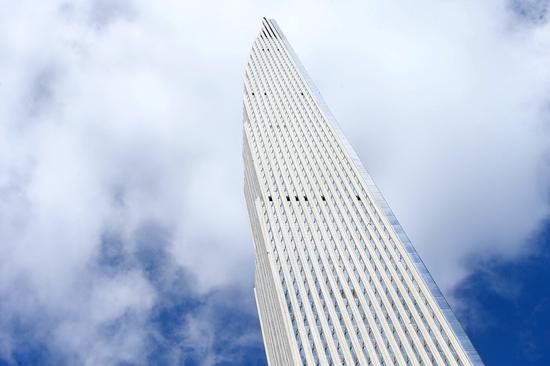
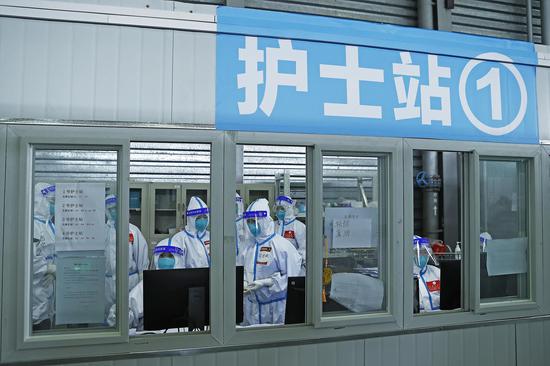

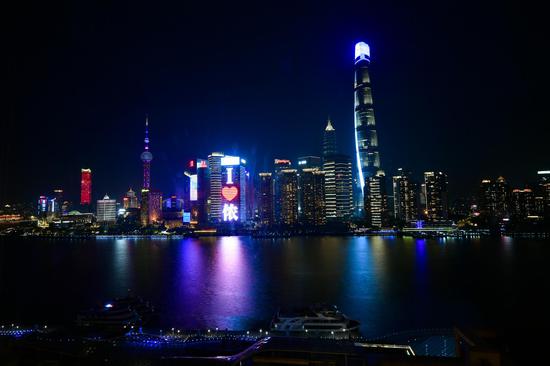
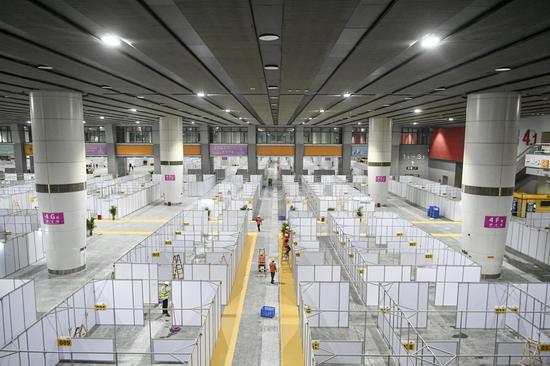
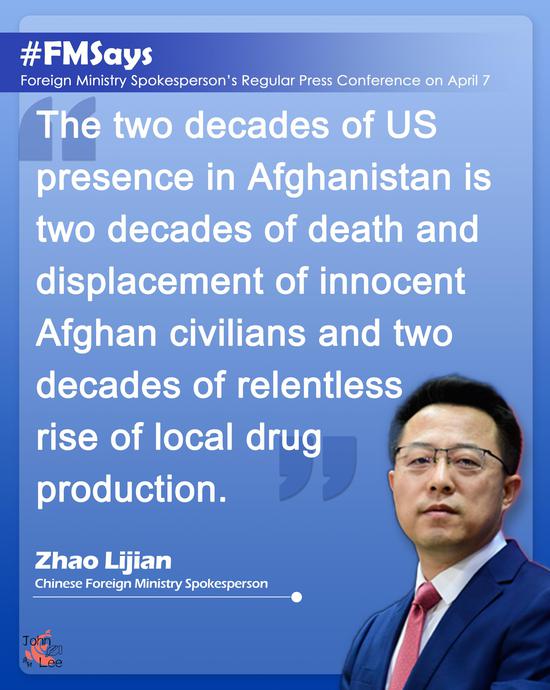
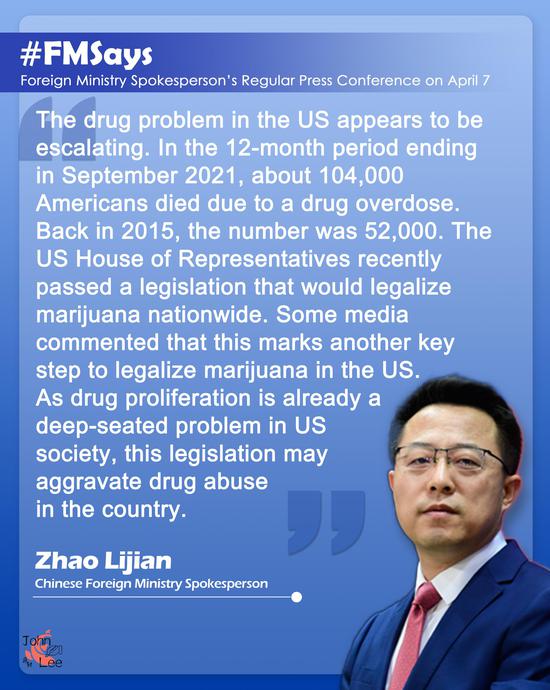
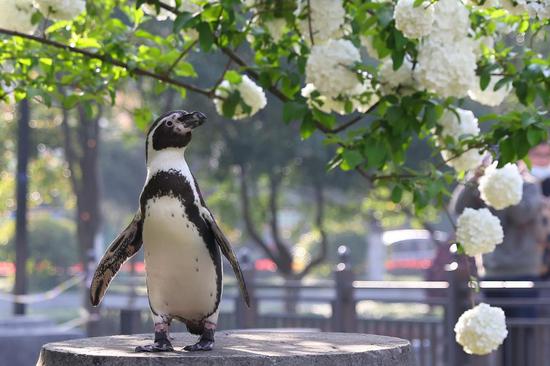
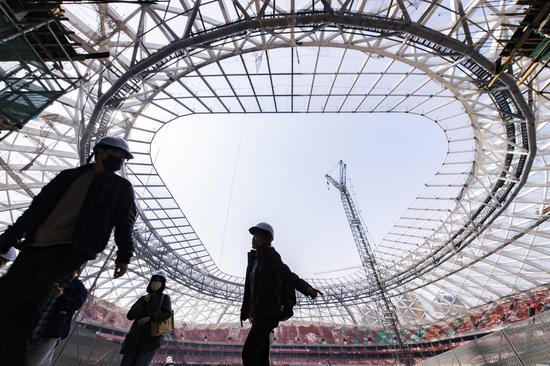
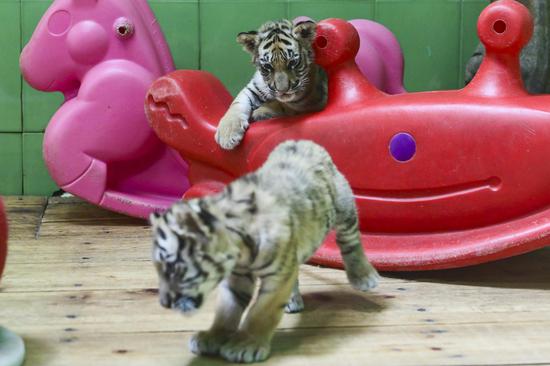
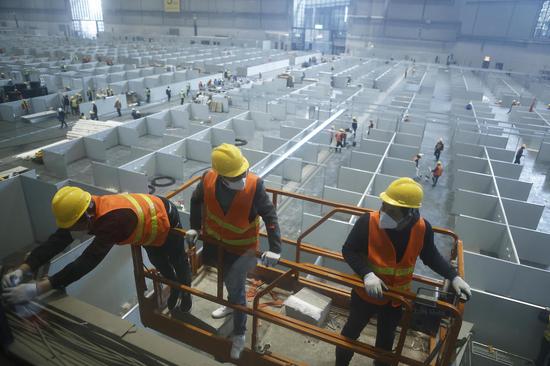
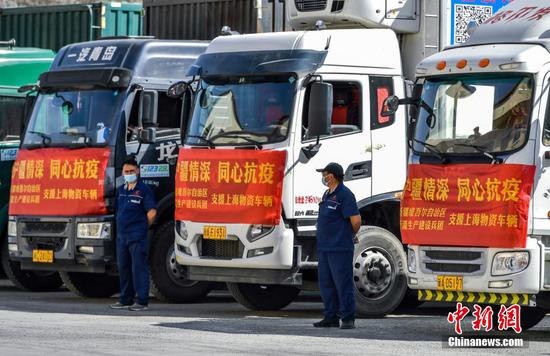


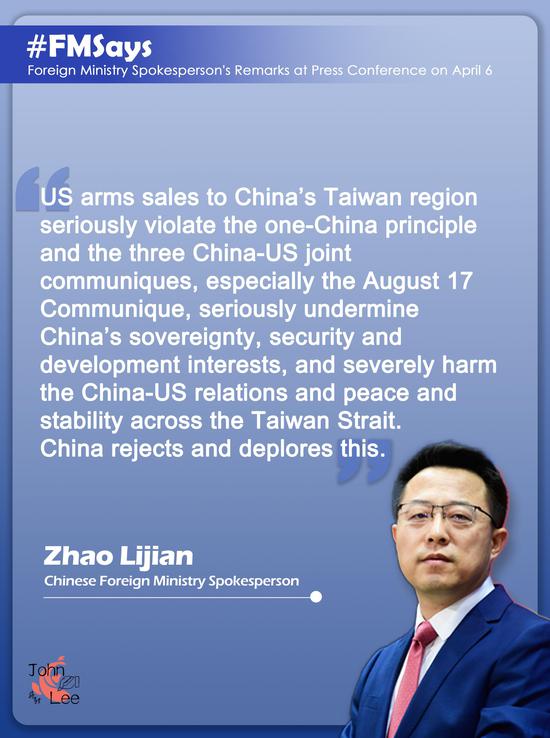
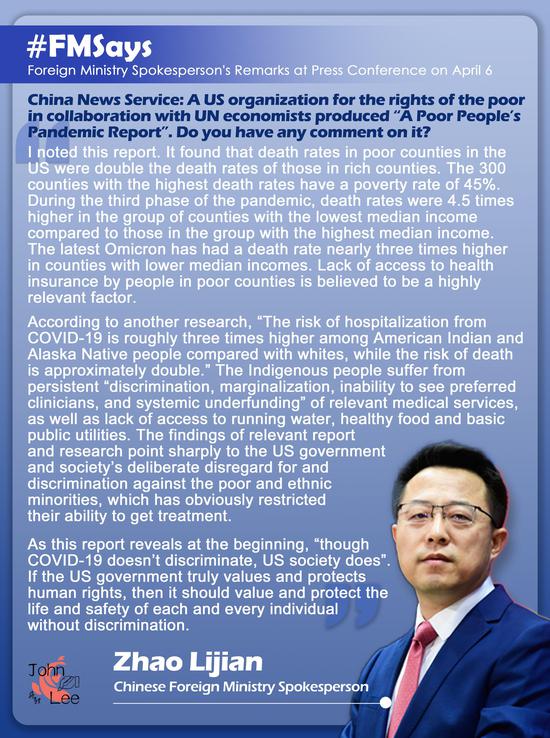
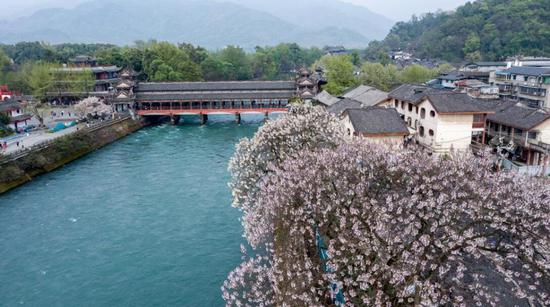

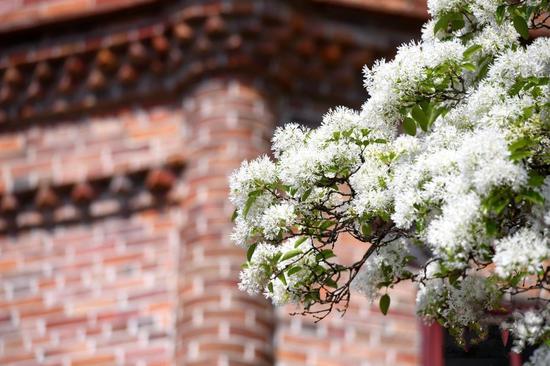
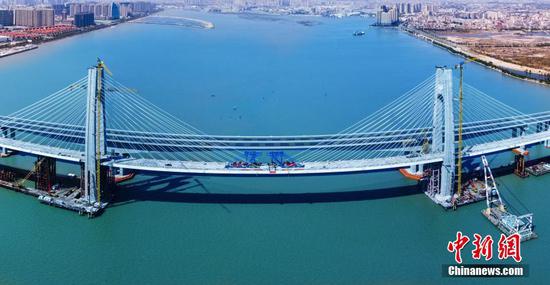
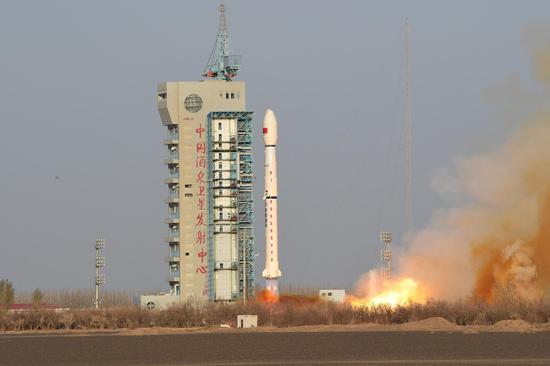
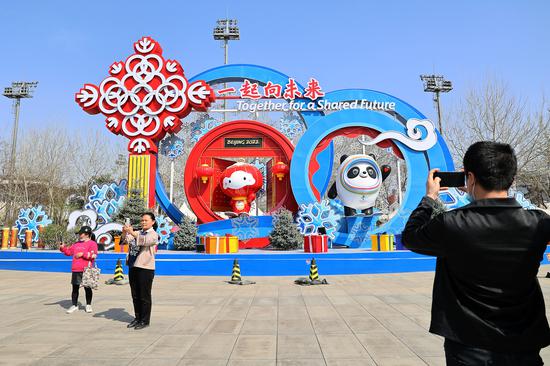
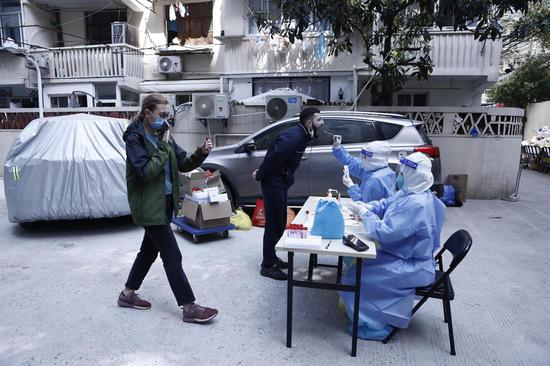
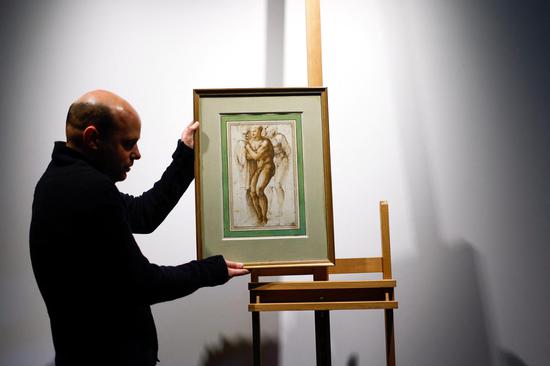

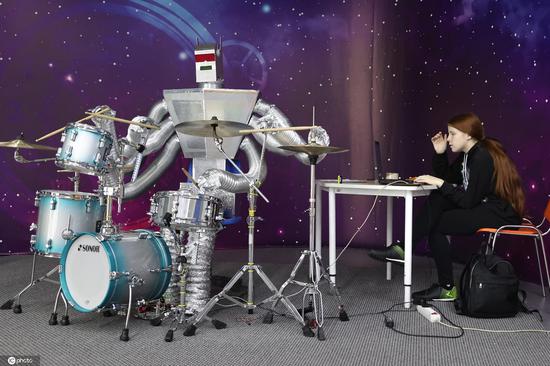
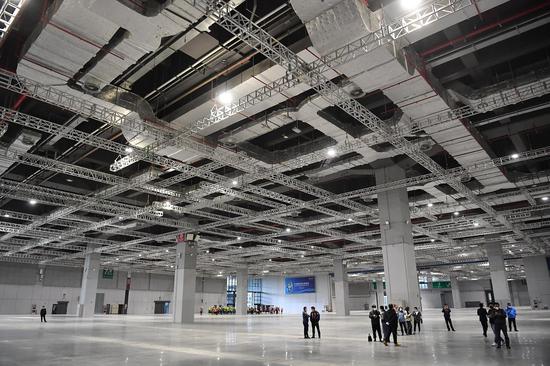

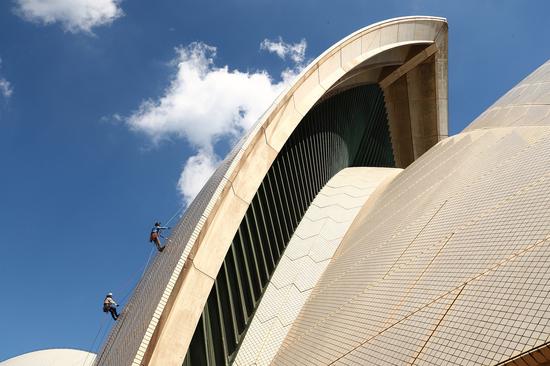

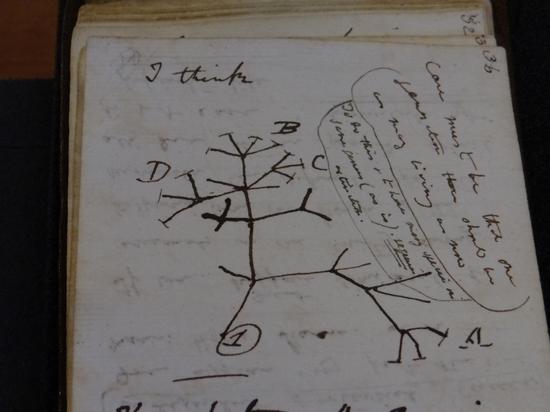
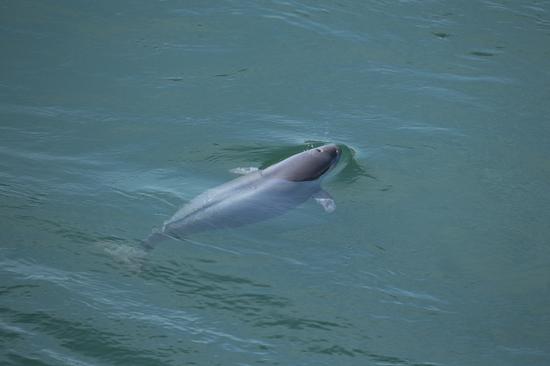
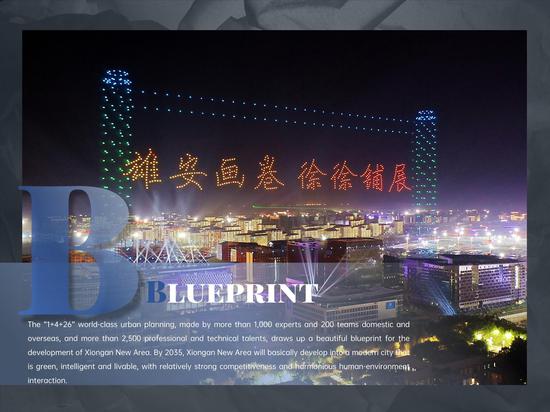

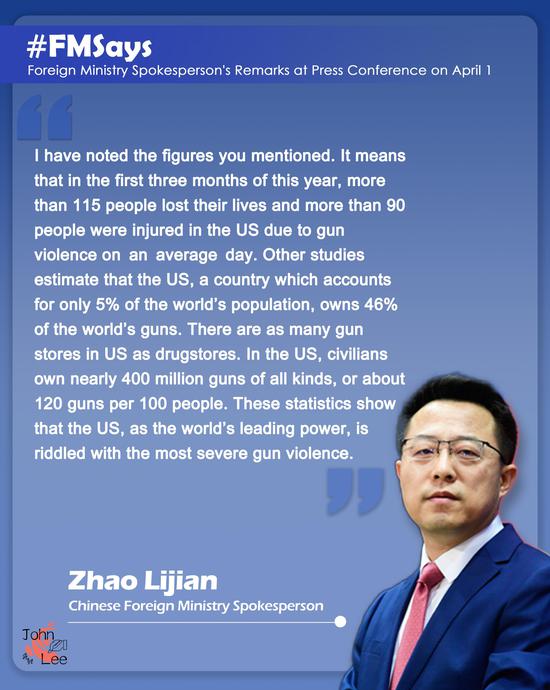
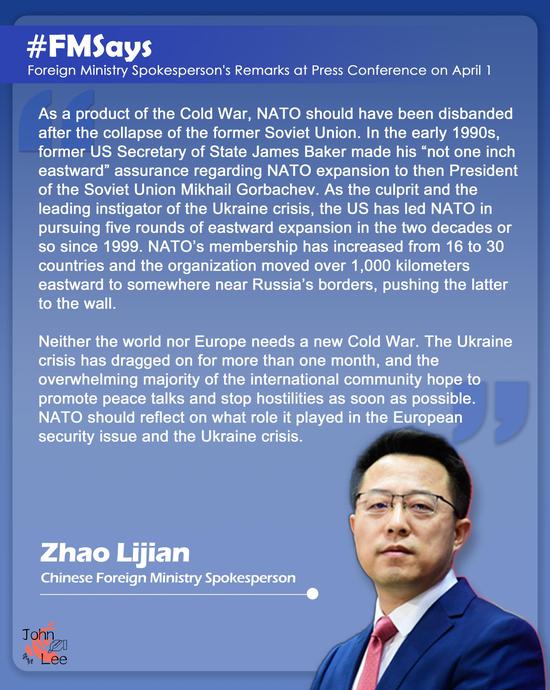
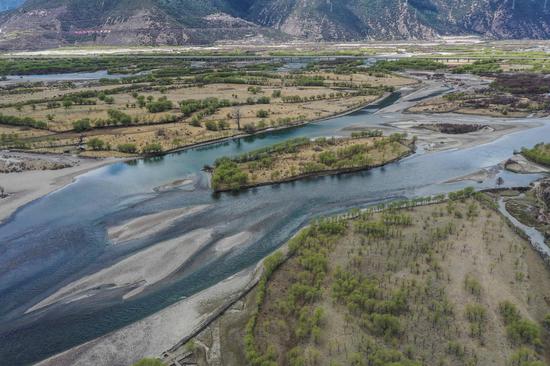





 京公网安备 11010202009201号
京公网安备 11010202009201号